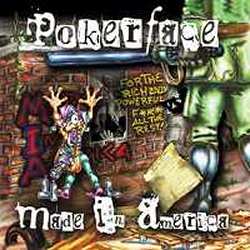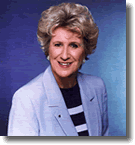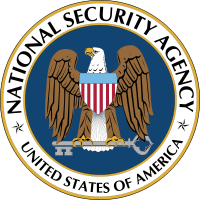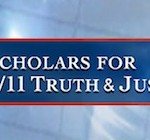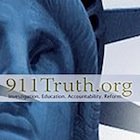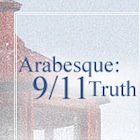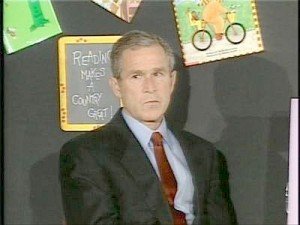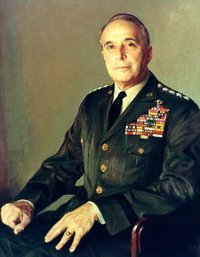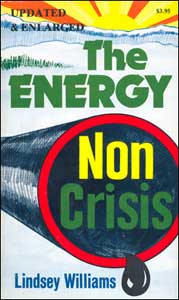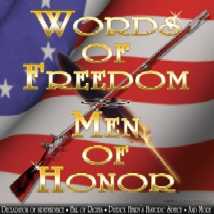
Source: http://hcgroups.wordpress.com/2009/04/27/newly-released-memo-government-‘minders’-at-911-commission-interviews-‘intimidated’-witnesses/
A recently released 9/11 Commission memo highlights the role of government “minders” who accompanied witnesses interviewed by the commission. It was added to the National Archives’ files at the start of the year and discovered there by History Commons contributor paxvector.
The memo, entitled “Executive Branch Minders’ Intimidation of Witnesses,” complains that:
- Minders “answer[ed] questions directed at witnesses;”
- Minders acted as “monitors, reporting to their respective agencies on Commission staffs lines of inquiry and witnesses’ verbatim responses.” The staff thought this “conveys to witnesses that their superiors will review their statements and may engage in retribution;” and
- Minders “positioned themselves physically and have conducted themselves in a manner that we believe intimidates witnesses from giving full and candid responses to our questions.”
The memo was drafted by three staffers on the commission’s Team 2, which reviewed the overall structure of the US intelligence community. One of the drafters was Kevin Scheid, a senior staffer who led the team. His co-writers were Lorry Fenner, an air force intelligence officer, and lawyer Gordon Lederman. The complaint was sent to the commission’s counsels, Daniel Marcus and Steve Dunne, in October 2003, about halfway through the commission’s 19-month life.
The memo makes clear that the problems were not occurring only with witnesses talking to Team 2, but also in “other teams’ interviews.” A hand-written note on a draft of the memo says, “not one agency or minder – also where we’ve sat in on other Teams’ interviews.”
According to the memo, some minders merely policed prior agreements between the commission and their parent agency about what the commission could ask witnesses, and others were simply there to make a list of documents the commission might want based on a witness’ testimony. However, some minders saw their role differently.
Intimidation through Physical Positioning
The three staffers argued minders should not answer questions for witnesses because they needed to understand not how the intelligence community was supposed to function, but “how the Intelligence Community functions in actuality.” However: “When we have asked witnesses about certain roles and responsibilities within the Intelligence Community, minders have preempted witnesses’ responses by referencing formal polices and procedures. As a result, witnesses have not responded to our questions and have deprived us from understanding the Intelligence Community’s actual functioning and witnesses’ view of their roles and responsibilities.”
The memo also describes the minders’ conduct in detail: “… [M]inders have positioned themselves physically and have conducted themselves in a manner that we believe intimidates witnesses from giving full and candid responses to our questions. Minders generally have sat next to witnesses at the table and across from Commission staff, conveying to witnesses that minders are participants in interviews and are of equal status to witnesses.”
The staffers also worried about minders taking “verbatim notes of witnesses’ statements,” as they thought this “conveys to witnesses that their superiors will review their statements and may engage in retribution.” They believed that “the net effect of minders’ conduct, whether intentionally or not, is to intimidate witnesses and to interfere with witnesses providing full and candid responses.”
Another problem with the verbatim notetaking was that it “facilitates agencies in alerting future witnesses to the Commission’s lines of inquiry and permits agencies to prepare future witnesses either explicitly or implicitly.”
Proposals
In response to this, the three staffers proposed not that minders be banned from interviews, but a set of rules governing minders’ conduct. For example, minders were to keep a “low profile,” sit out of witnesses’ sight, not take verbatim notes and not answer any questions directed at the witnesses.
Perhaps the most remarkable proposal is that the number of minders be limited to one per witness. The memo indicates that where an interviewee had served in multiple agencies, more than one minder would accompany the witness. The memo therefore requests, “Only one minder may attend an interview even if the witness served in multiple agencies,” meaning a witness would at least not be outnumbered by his minders.
False Statement by Chairman Kean
Commission Chairman Tom Kean, a Republican, first raised the issue of minders in a press briefing in early July 2003 . He said, “I think the commission feels unanimously that it’s some intimidation to have somebody sitting behind you all the time who you either work for or works for your agency. You might get less testimony than you would.”
He was asked about the minders again on September 23 at another press briefing. Instead of saying the minders represented “intimidation,” he commented: “Talking to staff, what they have told me is that as they’ve done these interviews, that the interviewees are encouragingly frank; that they by and large have not seemed to be intimidated in any way in their answers. … I’m glad to hear that it’s — from the staff that they don’t feel it’s inhibiting the process of the interviews.”
The commission’s Vice Chairman Lee Hamilton, a Democrat, commented, “it is our feeling that thus far, the minders have not been an impediment, in almost all cases.” He added that there were “one or two instances where the question has arisen,” but, “neither are we aware at this point that the presence of a minder has substantially impeded our inquiry. And nor have we run into a situation where we think a witness has refrained from speaking their minds.”
However, the Team 2 memo, sent a mere nine days after Kean and Hamilton’s remarks, shows Kean’s statements to have been untrue. The memo even referenced “Minders’ Intimidation of Witnesses” in the title, contained unusually strong language and was co-drafted by a leader of one of the commission’s teams.
Nevertheless, it is unclear whether Kean and Hamilton made the false statements knowingly. One of the criticisms at the commission was that the ten commissioners were cut off from the body of the staff, and all information that flowed from the staff to the commissioners went through the commission’s executive director, Philip Zelikow.
Author Philip Shenon, who wrote a history of the commission, found that at the start of the commission’s work Zelikow drafted a welcome memo containing ground rules for staffers, such as not talking to journalists. One of the rules was that the staff should not talk freely to the commissioners. If a staffer were contacted by a commissioner, he should not deal with the commissioner himself, but contact Zelikow or his deputy, who would then “be sure that the appropriate members of the commission’s staff are responsive.”
This rule was rescinded after complaints from some of the commissioners, including former Deputy Attorney General Jamie Gorelick. Nevertheless, Zelikow’s control of information continued. When the commission’s counterterrorism team found a draft of the final report to be overly deferential to the FBI, they did not launch a formal objection to the draft’s language though the commission’s bureaucracy, but a female staffer cornered Gorelick “where Zelikow would not see it”–in the ladies room.
